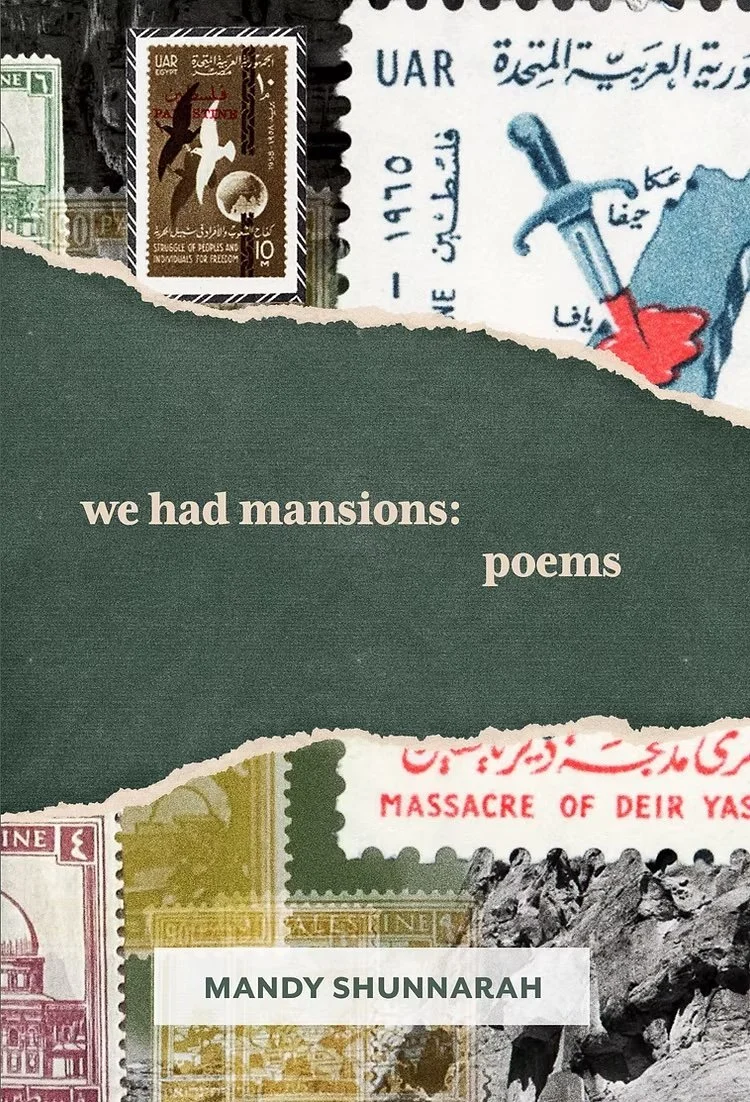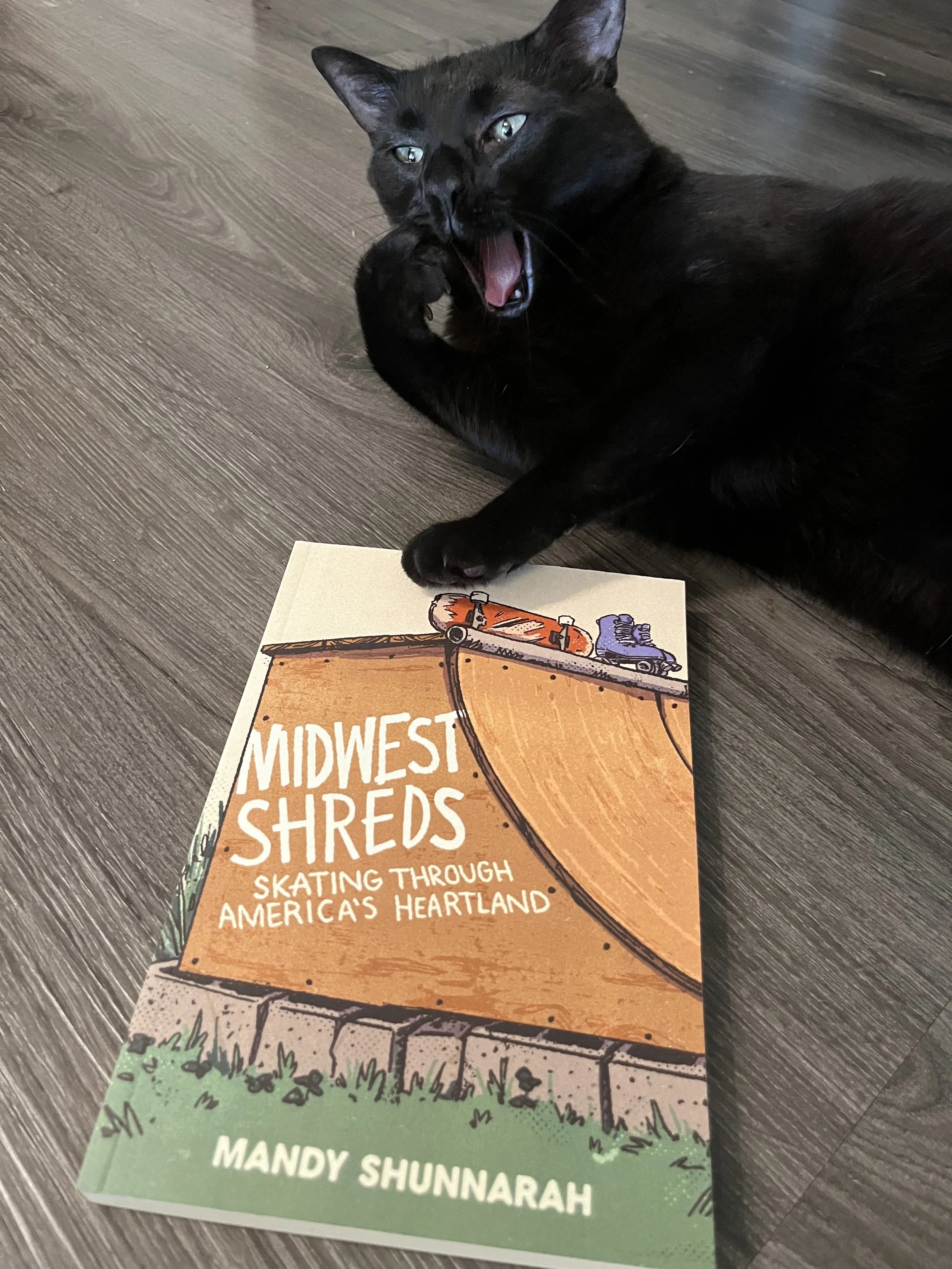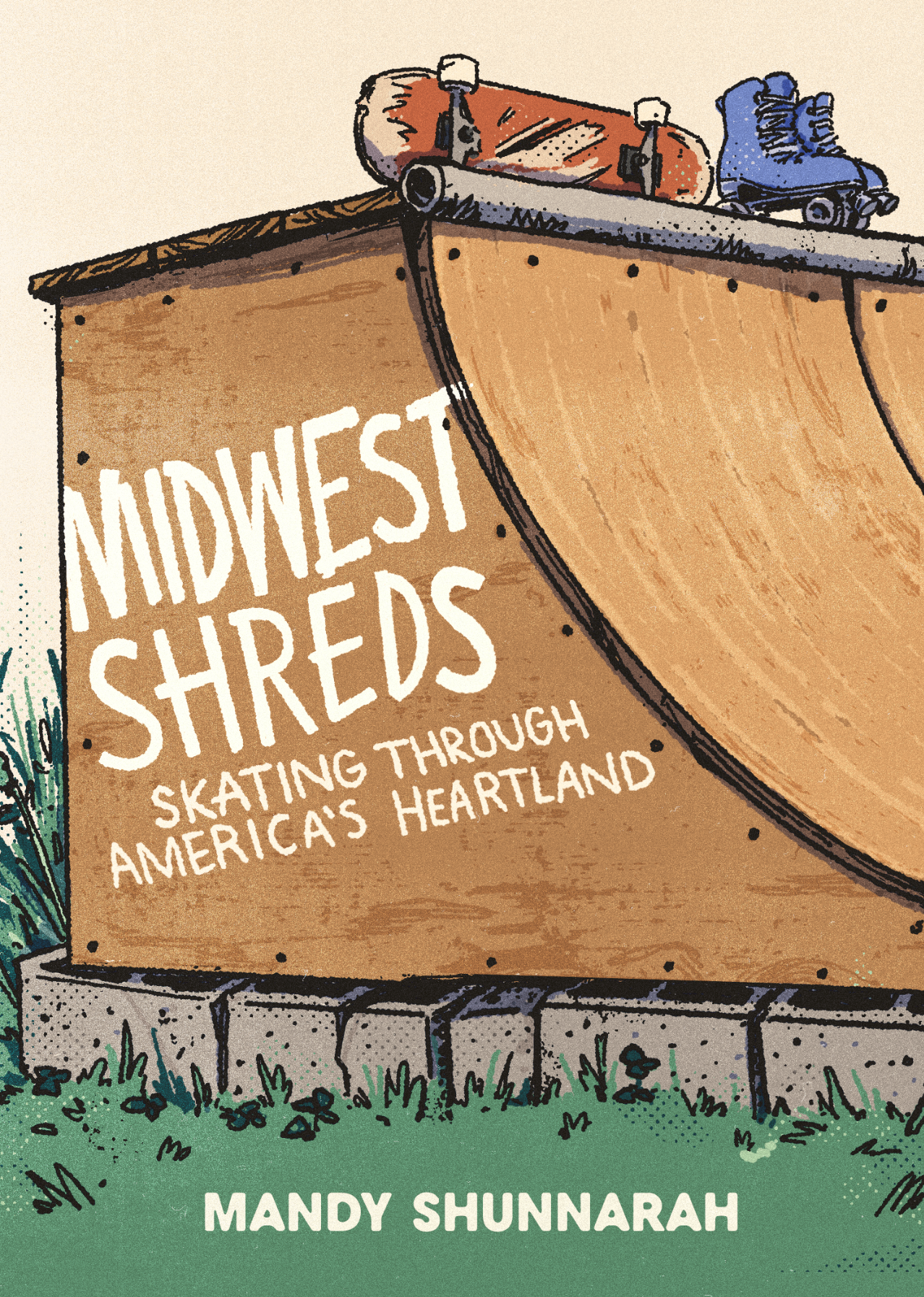The Real Problem With Fictionalized Memoirs
If you read Scott McClanahan's memoir Crapalachia, I have a hard time believing you wouldn't enjoy it. It's modern Southern gothic at it's finest---a little Flannery, a little Faulkner, and a lot of morbid hilarity. It's experimental and not like anything I've ever read. I just finished it and I'll probably read it again soon.
On Goodreads Crapalachia has overall good reviews, but the few negative reviews are telling. They take issue with the epilogue where McClanahan is up front about the fact that his memoir isn't 100% fact. There are composite characters and instances where gaps in the truth are filled in with the best guesses McClanahan had.
To these negative review writers, I get it. You're reading a memoir because you don't want to read fiction. But memoirs aren't journalism. When you're writing about your life, sometimes your only sources are unreliable. Like, for example, your own fallible, subjective memory. And sometimes your only sources are dead. And the dead don't always leave letters or journals. Sometimes a reasoned guess is all you have. Writing what you know isn't always easy.
To these negative reviewers, I get where you're coming from. Even after loving the book, my immediately reaction upon reading the epilogue was shock. But the authenticity and honesty of the epilogue made me reconsider. Here the author is admitting that he did the best he could with the truth while still being committed to the ultimate goal of literature: writing a damn good story. I respect that.
In the epilogue, McClanahan asks, "Do you look at a painting and wonder if it is fiction or nonfiction?"
This is a rhetorical question, but a question worth asking nonetheless. We don't ask paintings or sculptures or music or even poetry if what we're seeing is fiction or nonfiction. And here's another question: Why do we hold literature to a higher standard than other forms of art? And another: If you're reading a book for the purpose of entertainment, would you rather have a good story or a dissertation complete with citations and peer review?
So often authors who embellish memoirs are demonized. Sometimes I think this is warranted. If an author says they had experiences they didn't have, I see reason for writing negative reviews. But that's not at all what McClanahan did. He was truthful about his experiences and only embellished things he couldn't know, information he didn't have access to, or simplified things that might confuse the reader or detract from the story. And, most importantly, he was honest about what he did and didn't embellish. I see no problem here.
I kept diaries for a solid decade and I understand the need to fill in gaps in the truth will well-guessed fiction. My diaries are boring beyond imagination. I could read aloud to concrete and it would crack in agony. Trust me, some lived experiences need a little help if you want to make them entertaining to others. I'm convinced that the only people who think otherwise are those who are too afraid to write about their lives.
Thus, I think the real problem with fictionalized memoirs is the people who gripe about them when the author tells them what parts are fiction. If the book is poorly written, complain about that. But don't complain about authenticity. It just doesn't make sense.
As the old saying goes, "don't let the truth get in the way of a good story." I'm not.

















